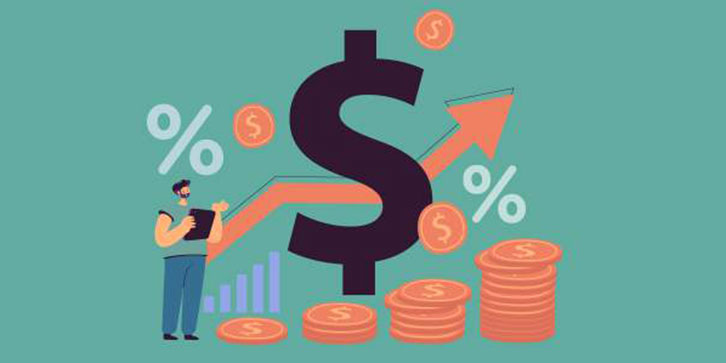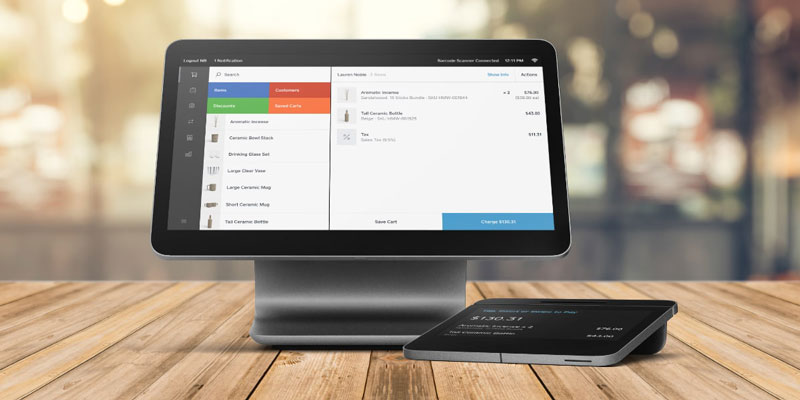Introduction
Buying a home can be an exciting but intimidating process. It requires significant financial planning and the ability to commit long-term to a particular property. To ease this process, the U.S. government has offered what is known as the First Time Home Buyer Tax Credit for several years, which can help reduce the burden of homeownership on first-time buyers.
What is the First Time Home Buyer Tax Credit?
Do you know: what is the first time home buyer tax credit? The First Time Home Buyer (FTHB) Tax Credit was created to relieve those purchasing homes for the first time by reducing their taxes owed in the year they purchase. The credit is available to anyone who has not owned a home in at least three years before making their purchase, and it applies only to primary residences, not second homes or investment properties. The amount of the credit is up to 10% of the purchase price, with a maximum of $8,000.
To qualify for the First Time Home Buyer Tax Credit, buyers must meet specific criteria, such as being a U.S. citizen or legal resident and having an eligible income level in the year they purchase their home. Additionally, buyers can only use the tax credit if their total household debt does not exceed specified limits. Once these requirements are met, buyers will then need to file what is known as Form 5405 with the Internal Revenue Service (IRS) to claim the FTHB Tax Credit on their tax return for that year.

Did the First Time Home Buyer Tax Credit Pass?
Yes, the First Time Home Buyer Tax Credit is still in effect as of 2021. The American Recovery and Reinvestment Act of 2009 initially provided what was known as an "expanded" version of the credit, which allowed for much higher amounts, up to $8,000. This provision was set to expire at the end of 2010 but was extended multiple times until its expiration on December 31, 2016. In 2017, the Tax Cuts and Jobs Act (TCJA) significantly changed the First Time Home Buyer Tax Credit. Under this new law, buyers now have access to what is known as a "reconstructed" tax credit that applies only to homes purchased between December 16, 2017, and January 1, 2026.
How Much is the First-Time Home Buyer Tax Credit?
How much is the first time home buyer tax credit? Did the first time home buyer tax credit pass? The reconstructed FTHB Tax Credit amount is up to 10% of the purchase price, with a maximum of $2,000. The credit applies only to homes that cost less than $400,000, and it gradually phases out for those with incomes above certain levels. For instance, if you made more than $200,000 in revenue as an individual or more than $250,000 as a married couple filing jointly in 2020, then you will not qualify for any amount of the tax credit.
What Are Some Other Benefits of the First-Time Home Buyer Tax Credit?
In addition to reducing your taxes owed in the year of purchase, taking advantage of the FTHB Tax Credit can also provide you with other benefits. For instance, if you meet specific qualifications and take out a loan from designated state housing finance agencies, you may be eligible for a "non-refundable" credit that can be used toward the purchase price of your home. This could significantly reduce your down payment requirements.
Additionally, if you are looking to buy an energy-efficient home, additional tax credits may be available under what is known as the Residential Energy Efficiency Property Credit (REEP). This credit provides up to 10 percent of qualifying expenditures on energy-efficient improvements such as insulation and cooling systems and can be used in addition to the FTHB Tax Credit.
Conditions Associated With First-Time Home Buyer Tax Credit
When claiming the FTHB Tax Credit, it is essential to note that you must live in the home for at least nine months out of the first year to qualify for the credit. Additionally, if you do not use the total amount of the credit, then what is left over will be treated as an "interest-free loan" that must be paid back over 15 years. Finally, if you are a repeat home buyer, then there are some additional restrictions that you need to be aware of.

Conclusion
The First Time Home Buyer Tax Credit is an invaluable resource for purchasing their first home. It provides a significant tax break in the year of purchase and opens up additional opportunities, such as loan assistance or energy-efficient credits that could help reduce the cost of ownership. As long as buyers meet all of the requirements set forth by the IRS, they should be able to take full advantage of this tax credit and save money on what is likely one of the most significant purchases they will ever make.




